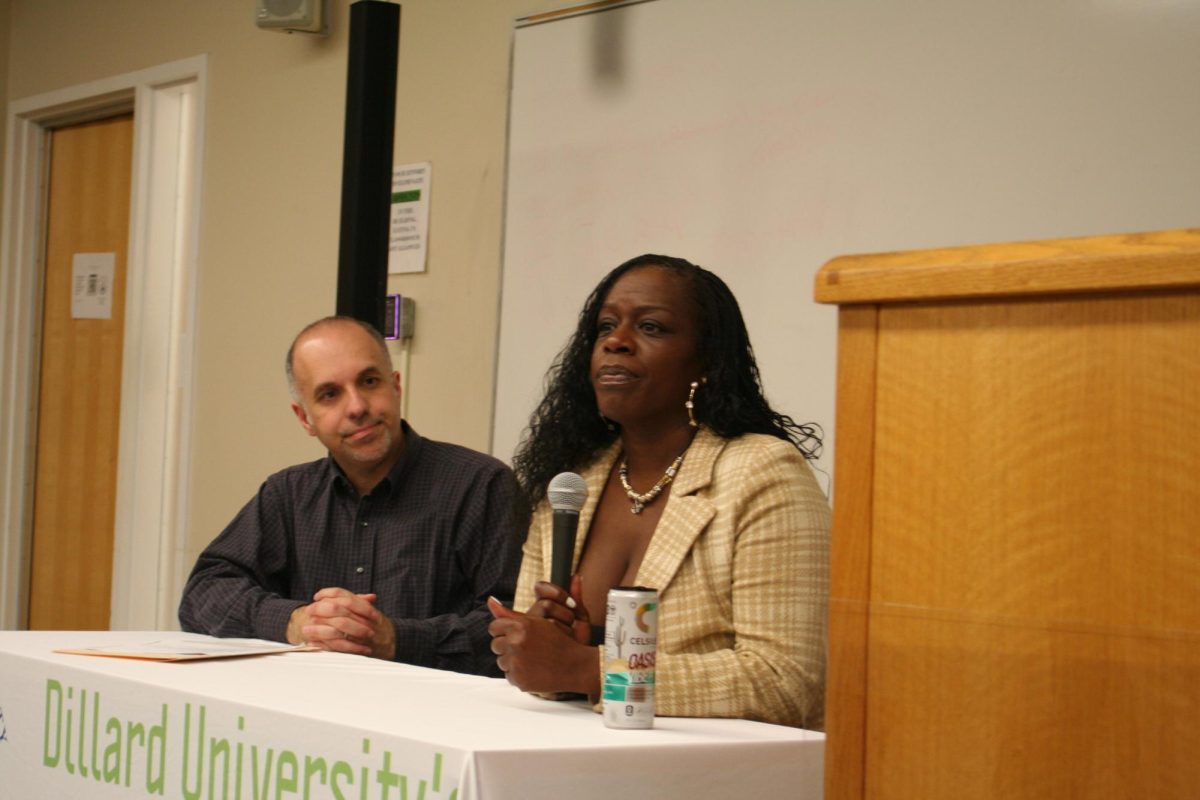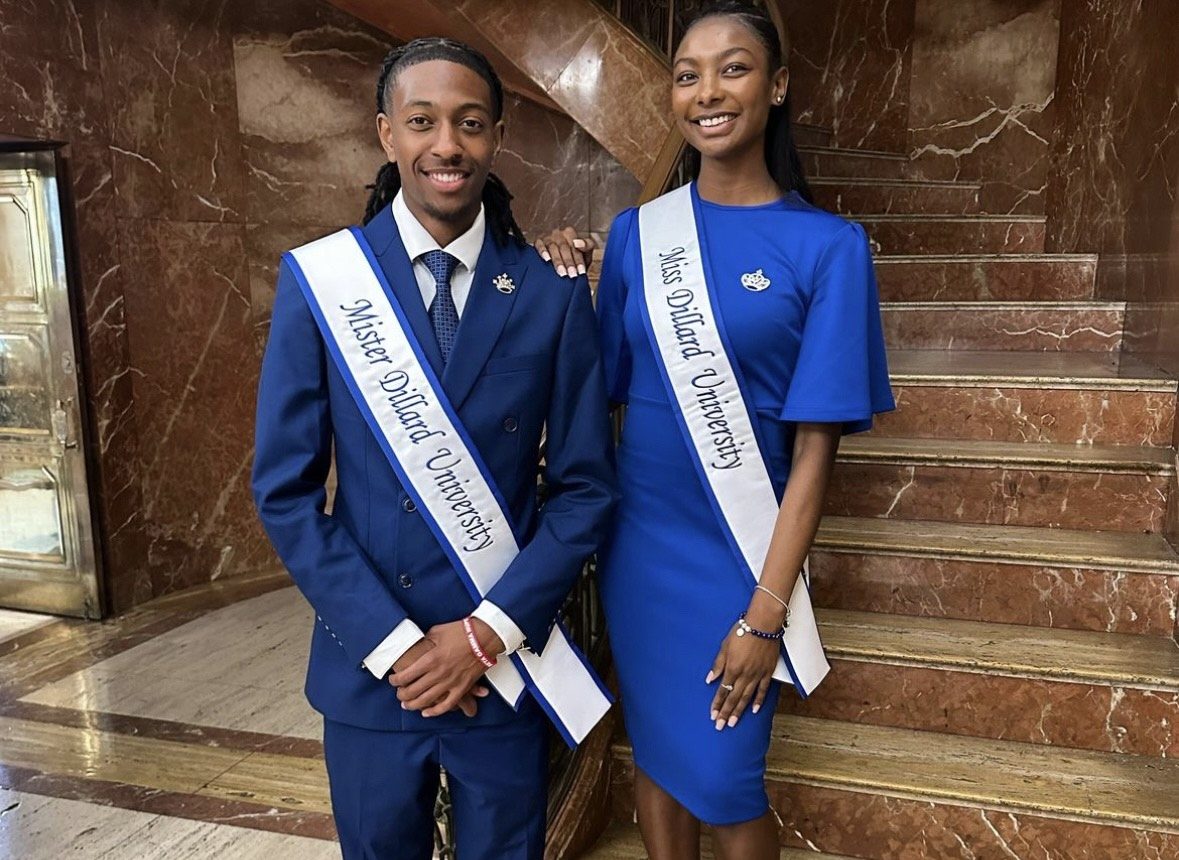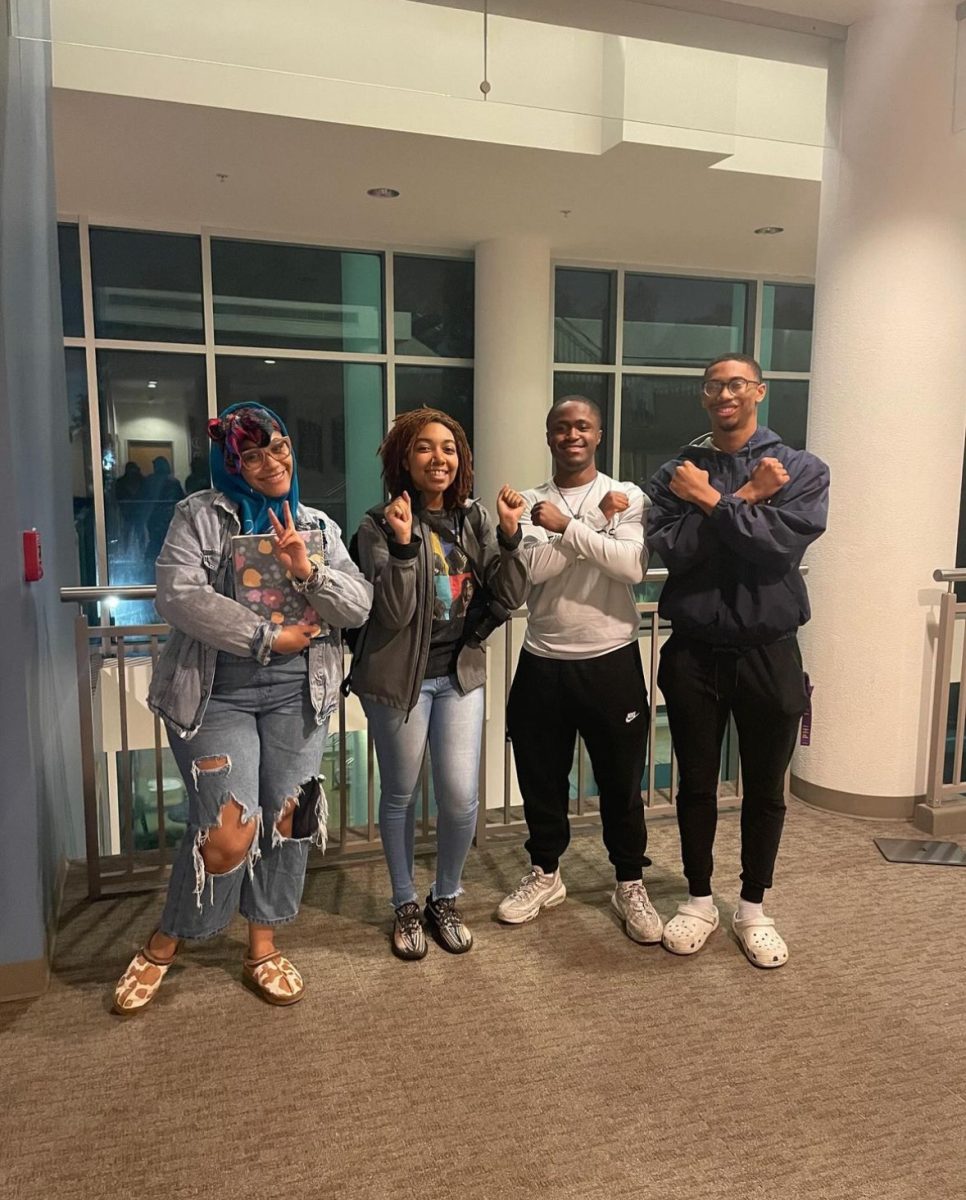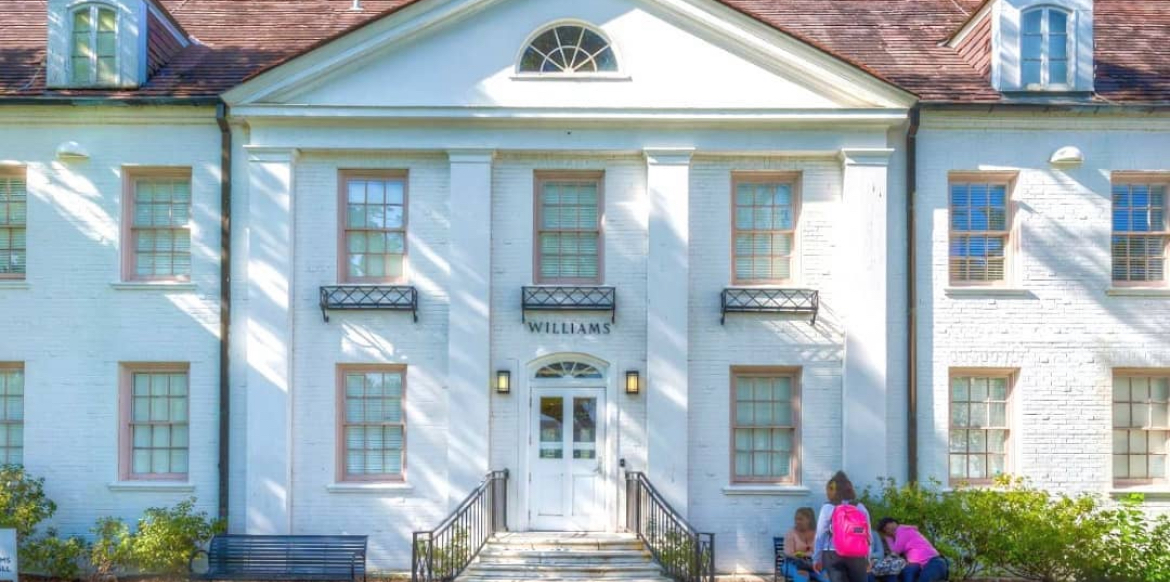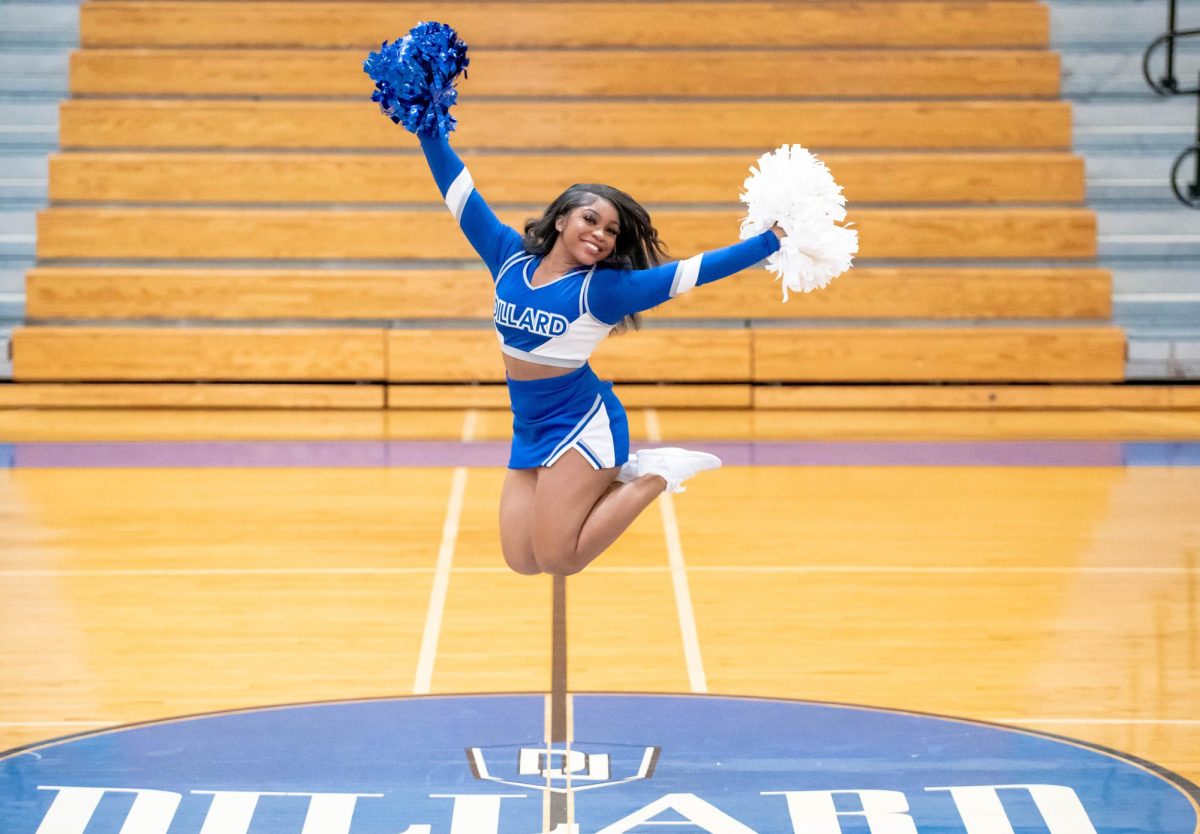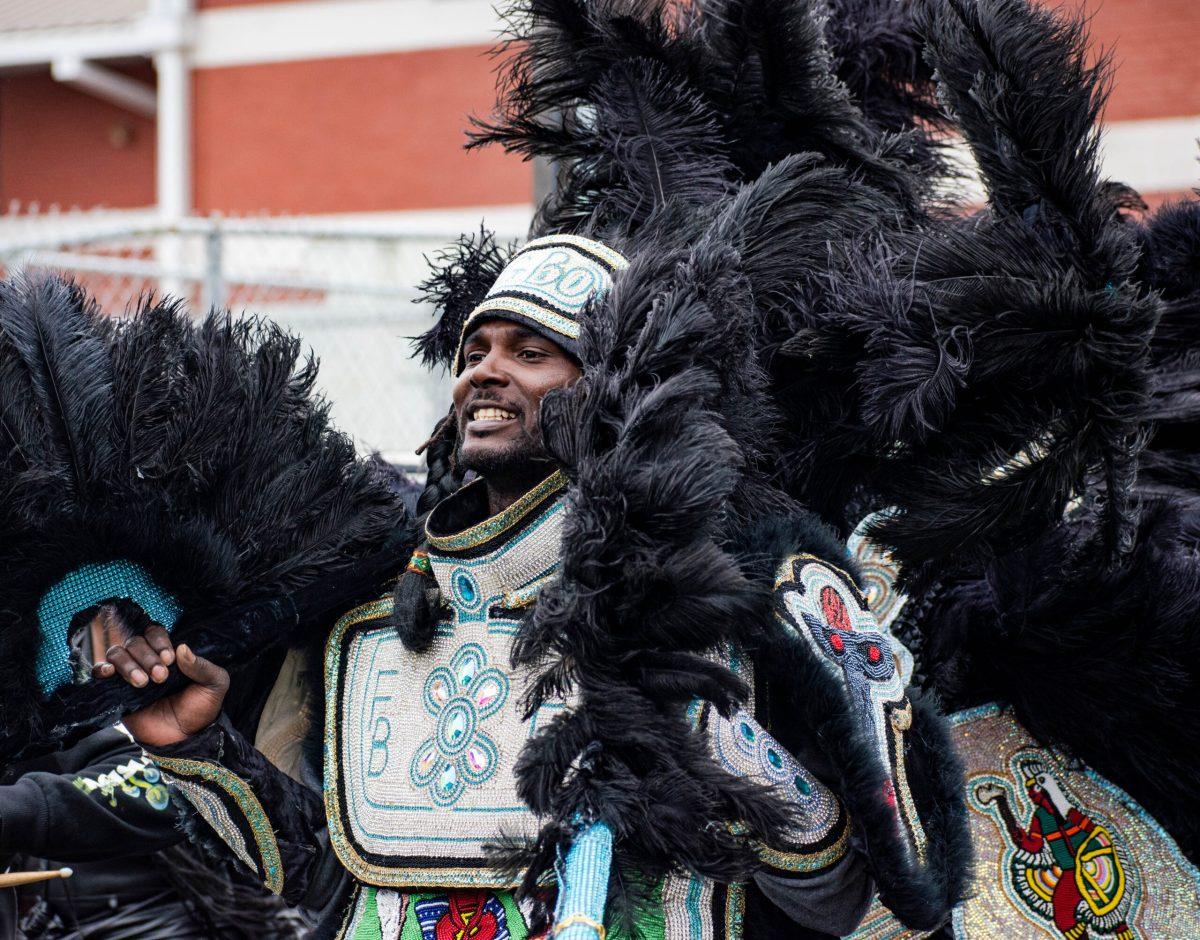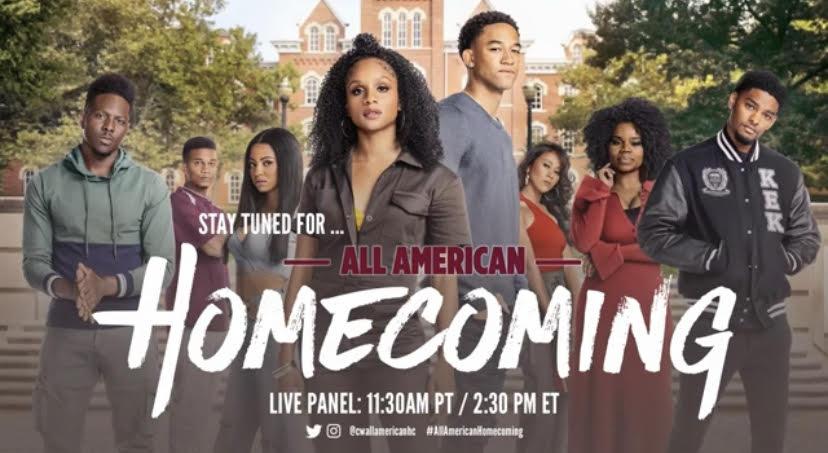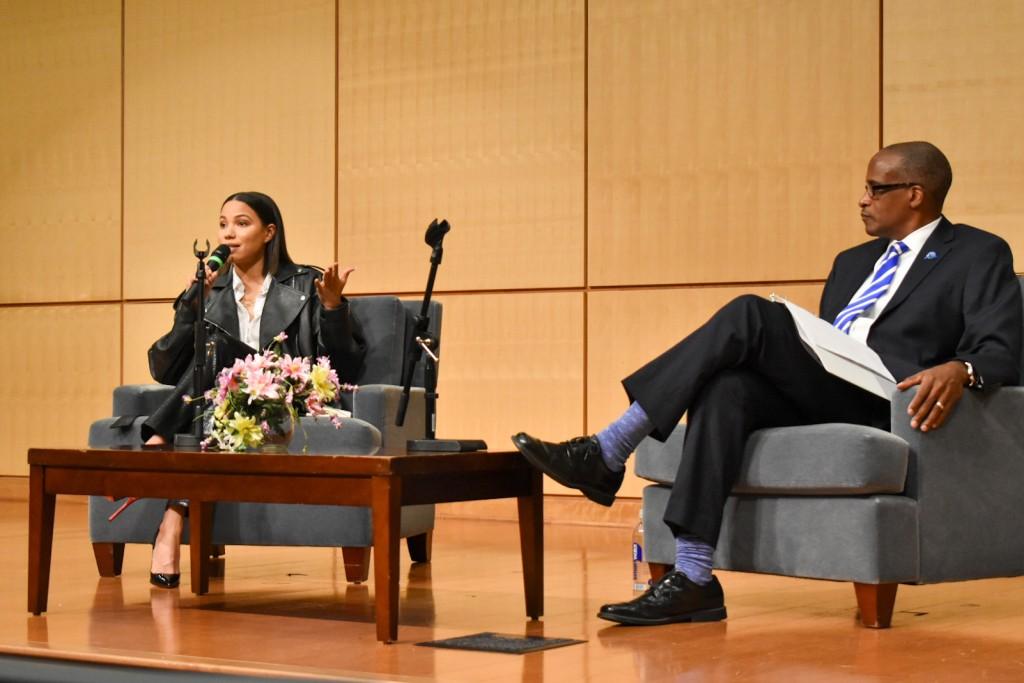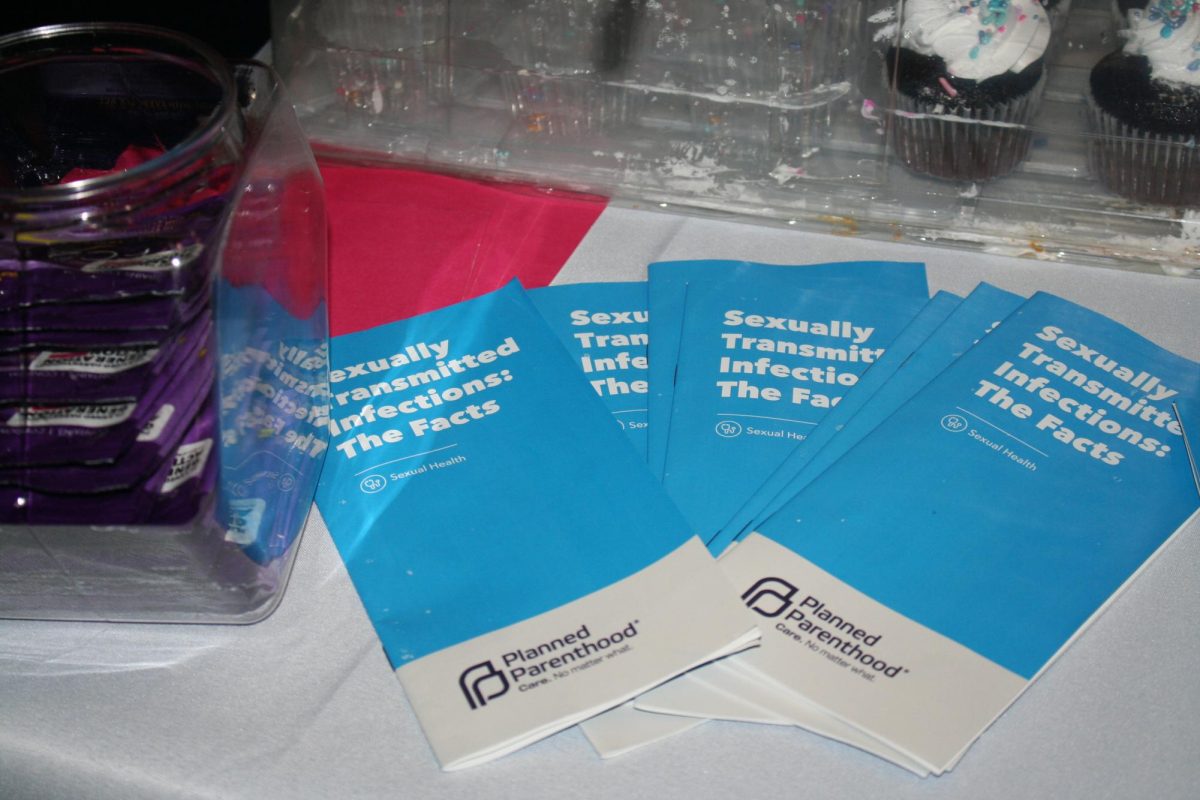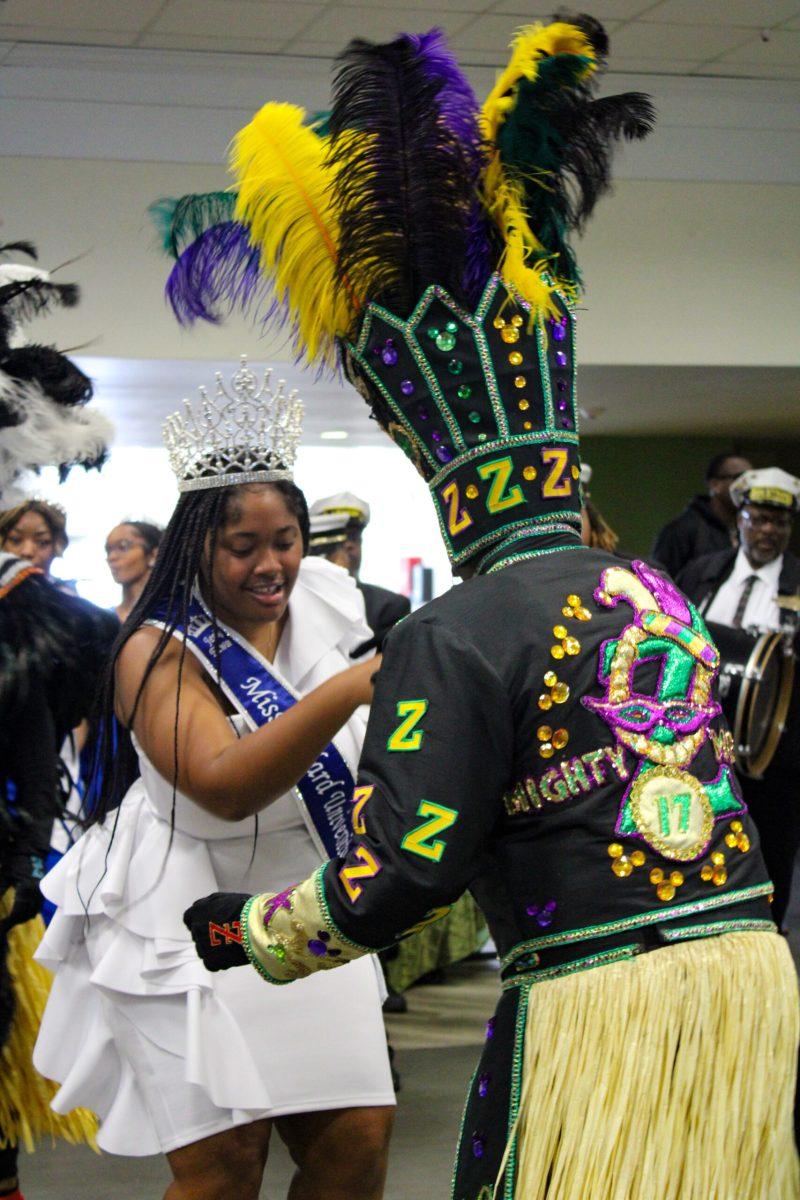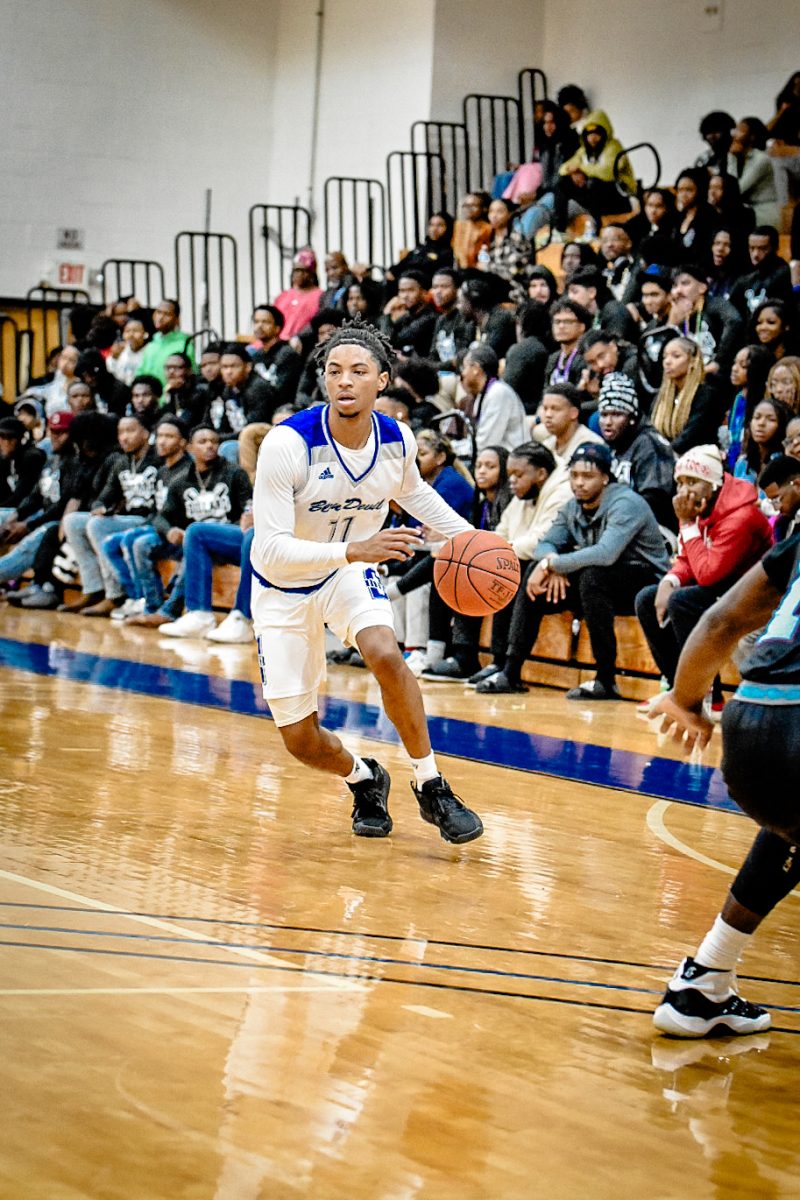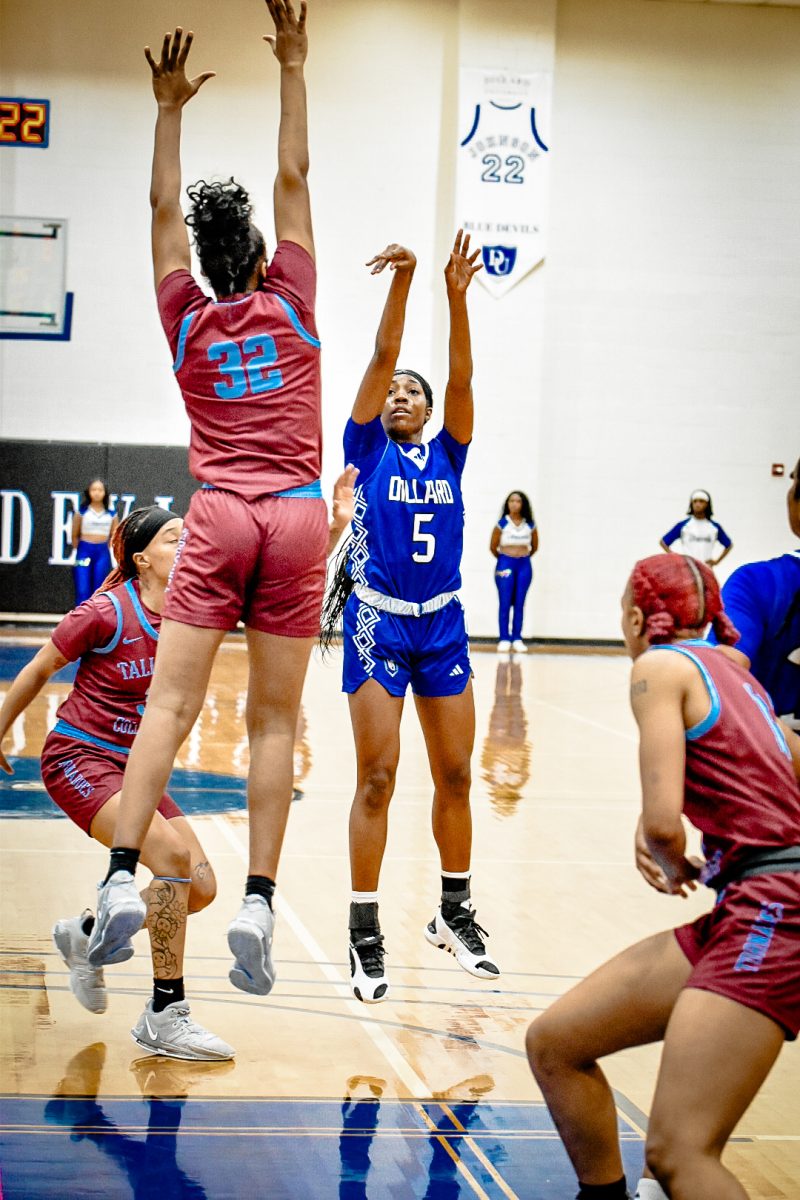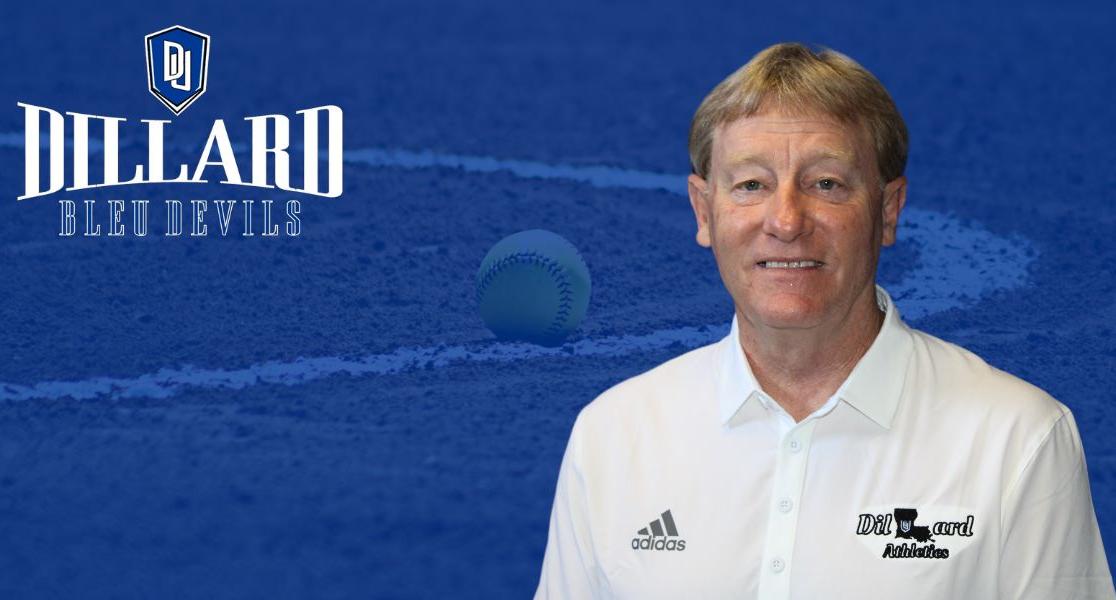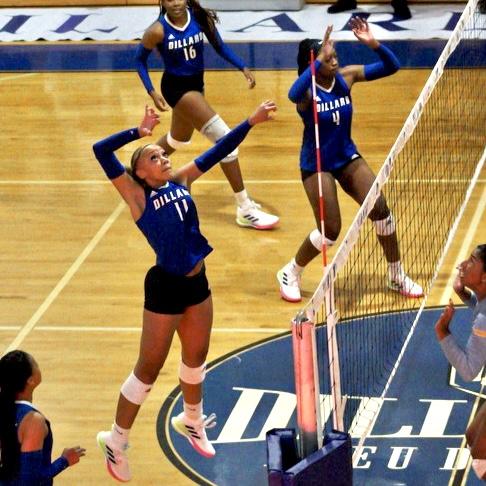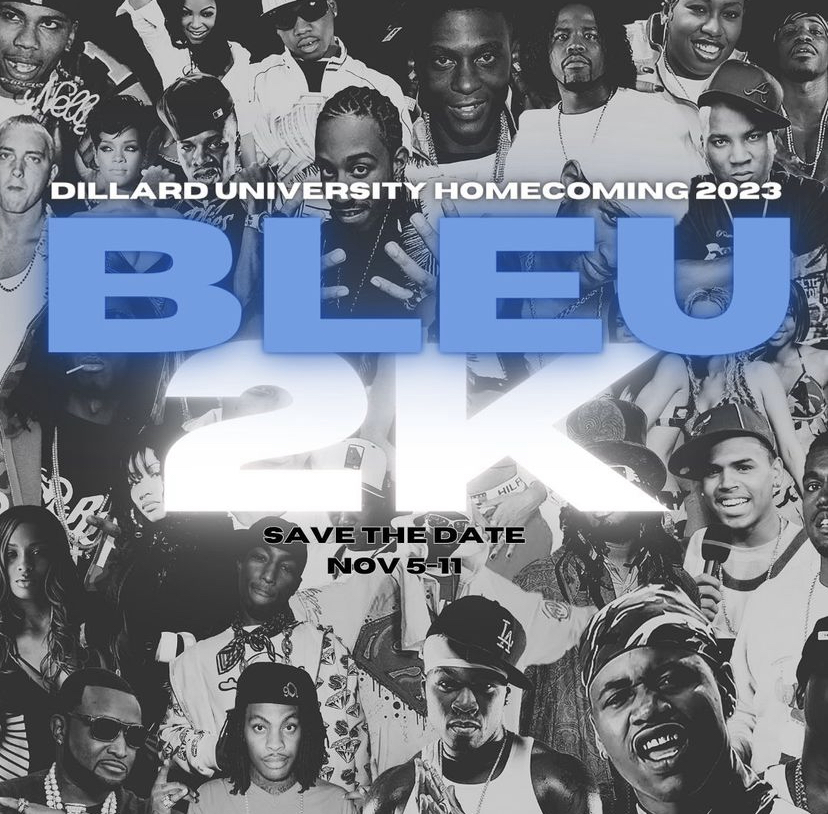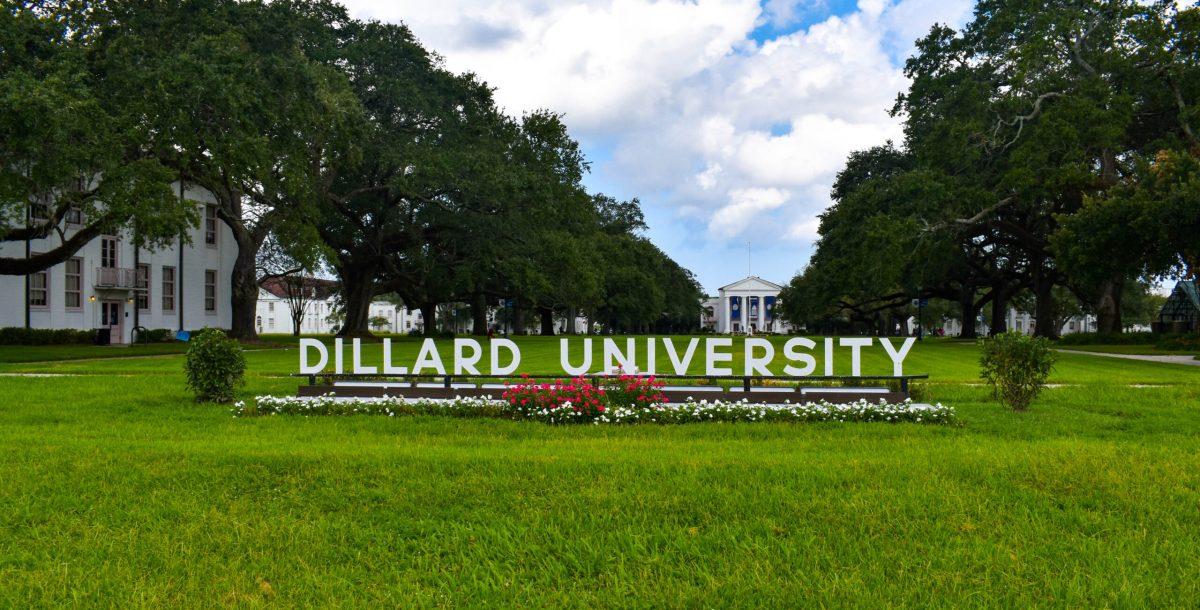
Austin Aubert/Courtbouillon
Lisa Frazier Page, Class of 1984, takes questions from the audience during Brain Food.
NEW ORLEANS (March 29, 2019) – DU alumna and best-selling author Lisa Frazier Page said working with the three young doctors to write “The Pact” emphasized the need to be authentic when you have a story to tell.
“What we all want is to know that we were seen and heard – that what we said or did mattered,” said Page, who was the Brain Food lecturer March 12 in Georges Auditorium. The Class of 1984 graduate, who was in the first mass communication class, addressed a crowd of more than 60 people.
Page earned a master’s degree from Northwestern University’s Medill School of Journalism. She worked 10 years for The Times-Picayune before joining the Washington Post as a reporter, editor and recruiter for 17 years.
She is the author/collaborator of six books, including “The Pact: Three Young Men Make a Promise and Fulfill a Dream,” the story of three young black men who united to work hard to leave lives of poverty in a violent neighborhood to be a dentist and two doctors.
She now works as communications director for District Attorney Warren Montgomery in Slidell.
Page recalled how she saw three young doctors on television 19 years ago when they were receiving a humanitarian award from Essence magazine. She became fascinated with their story and decided to track them down. She wrote a feature story on them in the Washington Post, which led to the book.
Page said the young men – Drs. Sampson David, George Jenkins and Rameck Hunt – were afraid to tell their whole story, such as two of them having run-ins with law enforcement. They were scared their patients and others would look at them differently.
“As a reporter, I pushed for full disclosure,” she said, explaining that level of detail (“the raw honesty”) explained “how high the rise. What it said was, ‘There’s hope.’ ”
Readers needed to see “their heroic struggle. Yet still they rise,” she said, quoting Maya Angelou, “and so, by extension, can we.”
“The power in our story is often in the thing we are most afraid to tell,” she said. “Our stories are not just for us. We write to enlighten, inform and inspire. It should motivate us to tell our truth.”
Page said validation is important to everyone, adding that being asked to speak at her alma mater made her feel she had finally been validated, and she thanked the audience for that.
Page related working with Carlotta Walls LaNier, the youngest member of the Little Rock Nine, a group of black kids who integrated Little Rock Central High School in 1957.
Page said LaNier’s personal story had gotten lost in the telling of the group’s travails. Page and LaNier decided to start from scratch with the question: “What is your story?”
“Those students caught hell” and one thing that had been overlooked in other accounts, Page said, was how the vast majority of white people were silent in the face of the actions of a small group of hate-filled troublemakers.
“Silence in the face of another’s suffering is not neutral,” she said.
Page was the second Brain Food speaker for the semester, following Dr. Anita Landry, another DU alumna and physician, who appeared on Feb. 22. Landry is co-host of the Emmy Award-winning talk show “The Doctors” and a board-certified obstetrician and gynecologist.
Two more Dillard alumni are slated for speeches in the fall as part of the 150th anniversary celebration of the university, starting poet Jericho Brown on Sept. 25.

